Everbridge for EU regulations: NIS2, DORA, Cyber Resilience Act
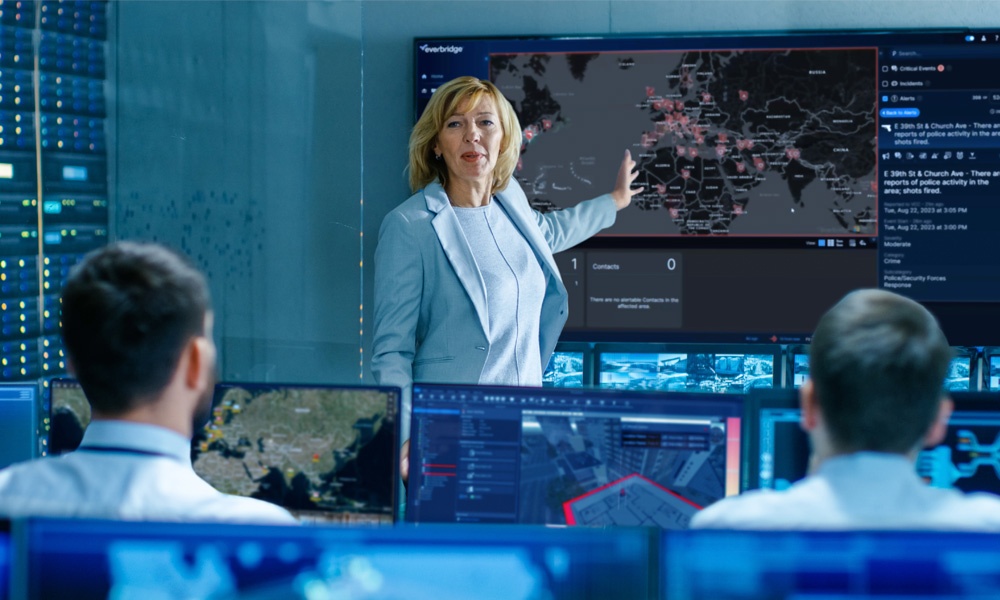
Leverage Everbridge solutions to operationalize your response to some of the points described in upcoming EU regulations including NIS2, DORA, and the Cyber Resilience Act. Enhance your compliance and strengthen your cyber defenses.
In an increasingly interconnected world, the importance of robust cybersecurity measures cannot be overstated. The European Union (EU) has introduced several regulations aimed at enhancing cybersecurity across member states. These EU directives and regulations include the Directive on Measures for a High Common Level of Cybersecurity Across the Union (NIS2), the Digital Operational Resilience Act (DORA), and the Cyber Resilience Act (CRA).
This blog will explore how Everbridge solutions can help cyber security, risk, and compliance teams navigate these regulations to enhance their organization’s cybersecurity posture from an operational perspective.
Overview: NIS2, CRA and DORA
NIS2
The NIS2 Directive (Directive (EU) 2022/2555) aims to achieve a high common level of cybersecurity across the EU. The regulation took effect on 16 January 2023, and Member States have until 17 October 2024 to codify its measures into national law. It requires Member States to adopt national cybersecurity strategies and designate competent authorities, cyber crisis management authorities, and computer security incident response teams. It also imposes stricter security requirements, including security incident reporting and cooperation between member states. Consequently, companies operating in these sectors will have to strengthen their data protection measures and their incident response capabilities, under penalty of severe financial sanction.
DORA
The Digital Operational Resilience Act (Regulation (EU) 2022/2554) solves an important problem in the EU financial regulation. Before DORA, financial institutions managed the main categories of operational risk mainly with the allocation of capital, but they did not manage all components of operational resilience. With DORA, financial organizations are now mandated to ensure the resilience, continuity, and availability of their information and communication technology (ICT) systems while upholding stringent data security standards.
CRA
The Cyber Resilience Act (CRA) aims to safeguard consumers and businesses buying or using products or software with a digital component. It introduces mandatory cybersecurity requirements for manufacturers and retailers of such products. This regulation covers products that include digital elements enabling the transmission of data to a device or network. It also aims to promote trust in digital technologies by ensuring that they meet rigorous security standards. Manufacturers will therefore have to ensure that connected objects placed in the market comply with strict obligations such as a 24-hour notification window for any detected vulnerabilities.
Main challenges to concrete applications
NIS 2, CRA, and DORA regulations require significant effort in mapping dependencies, documentation, and planning. However, they do not explicitly address how to operationalize their plans to be able to withstand, respond to, and recover from business-impacting events. This represents a real challenge to companies, given the enhanced complexity and interdependency that these regulations cover.
Common organizational challenge in digital operations and cyber security
Many organizations have very siloed teams and tech stacks, which means collaboration during a business-impacting event can be very difficult; companies need tech that provides “information bridges” between the different business units. Without a technology solution that allows automated connection between monitoring, activation, collaboration, orchestration, and response, organizations will struggle.
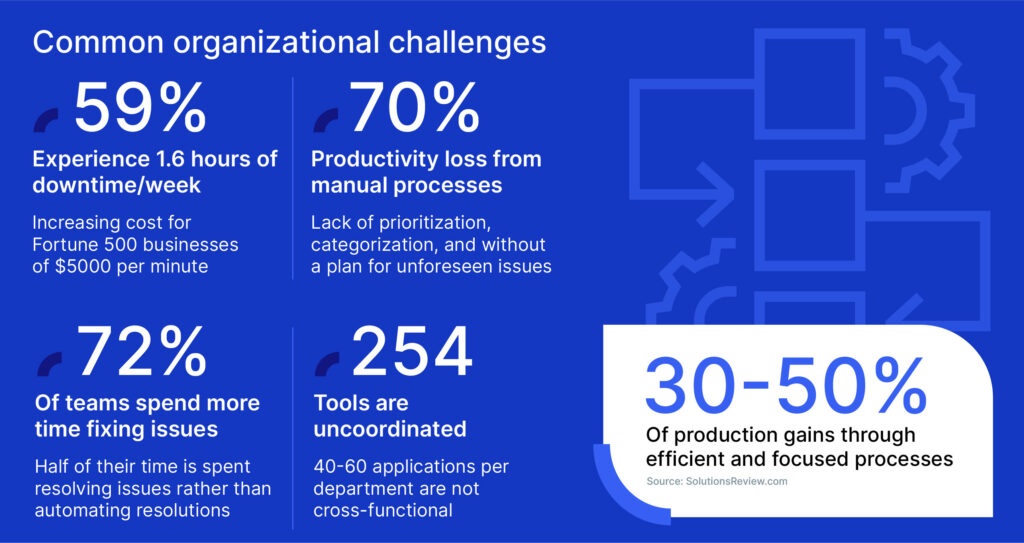
How Everbridge supports companies to operationalize their compliance: automate and digitize preparedness, communications & response, and reporting
Everbridge provides a single hub for incident preparedness, risk monitoring, crisis management, and service reliability. In other words, through the Everbridge platform, companies will be able to adequately operationalize three key aspects: Preparedness, communication & response, and reporting. The Everbridge solutions are designed to proactively identify, assess, and monitor risk, respond instantly and accurately to every incident, safeguard digital and physical assets, and keep people safe and productive.
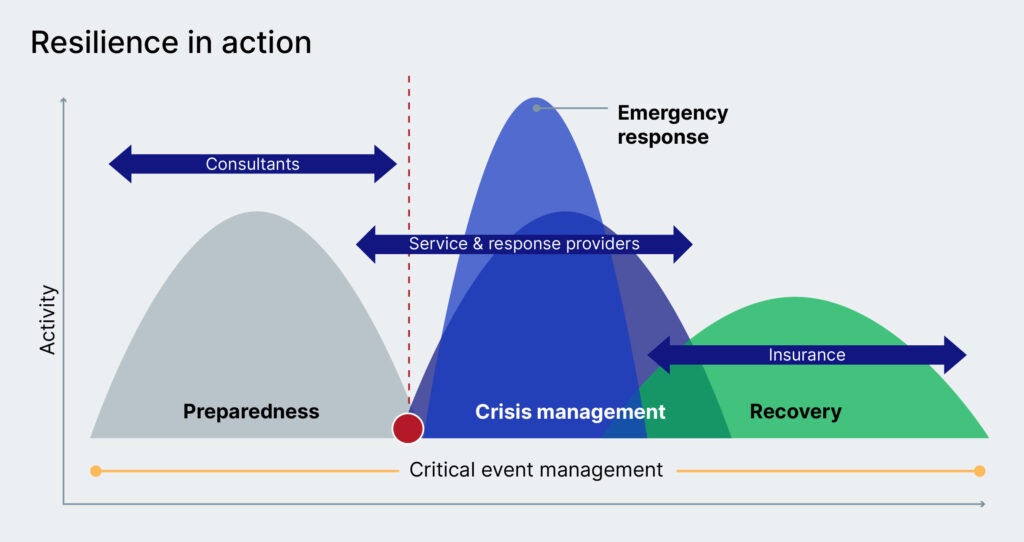
CEM resilience in action for emergency response
Preparedness – The Everbridge platform allows for the integration of all applicable systems to enable clear visibility across software applications and physical locations, giving a clear outline of what is important and why, and enabling faster decision-making and automation. Crucially, this step helps to identify key stakeholders and assets, which is one of the most important elements in responding to an event. Having data sets readily available and usable can improve response time and trigger workflows automatically rather than through manual intervention.
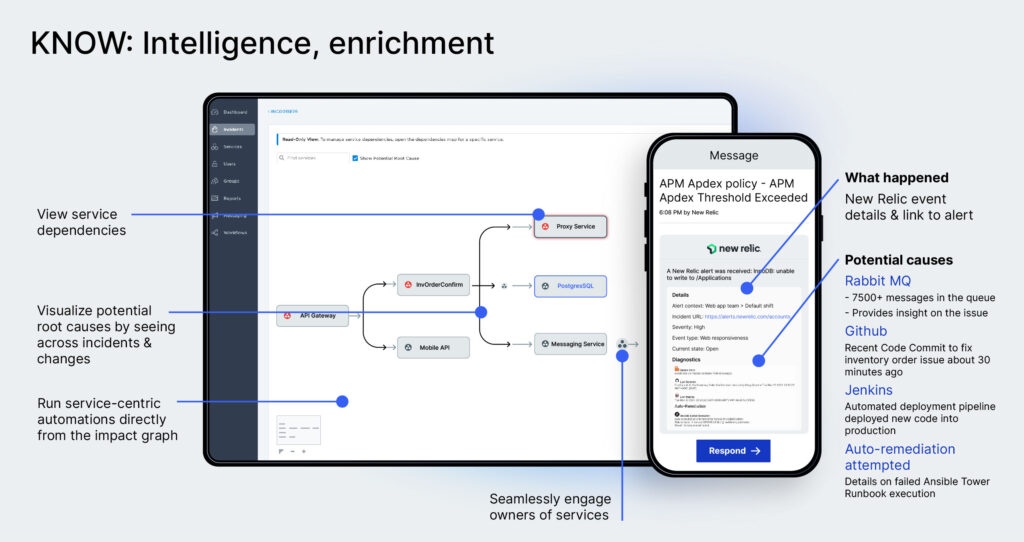
AI-powered information management with xMatters
Communications & response – Following the identification of the event and its impact, the Everbridge platform supports the orchestration of the response. This involves identifying any automation processes that can be initiated, aligning the response with the relevant Standard Operating Procedures (SOP) and ensuring tasks are assigned to the right people at the right time through “out of band” communications that are not dependent on infrastructure. By automating this process, Everbridge can slash response time down to minutes or seconds. Additionally, the Everbridge platform can be used to communicate with regulators as necessary, keeping relevant stakeholders updated, and visualize the status while providing estimates based on previous experience, which is particularly critical if the issue affects email.
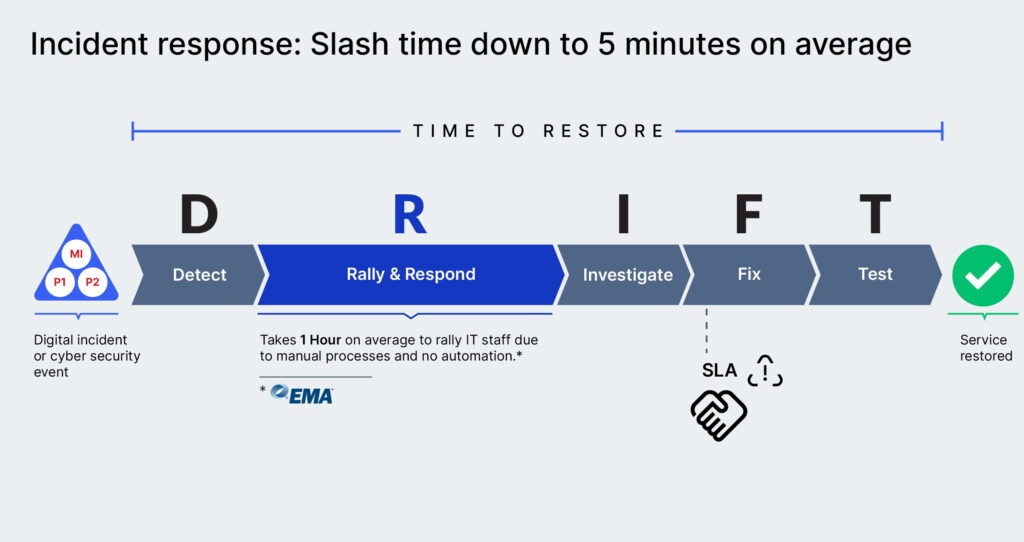
Incident response – time to restore
Reporting – The Everbridge platform allows organizations to develop self-assessment and learning capabilities for future preparation and response. During the event, all communications are captured, including but not limited to who received a communication, who responded, what the response was, and time of response. Also captured is whether there was no response at all. The same is also applicable for task allocation and completion for real-time monitoring during the event. Full audit logs are also recorded and exported for review/inclusion post-event. Within the simulation, situation reports can be generated when required and “After Action Reports” can be made available for review. All information is captured within the system to be utilized as required in After Action Reviews.
Dedicated solutions such as the Everbridge suite of products can play a critical role in helping organizations operationalize EU directives and regulations such as NIS2, DORA, and the CRA. By leveraging the Everbridge platform, cybersecurity and incident management teams enhance their cybersecurity posture and reinforce their compliance to these regulations through operational resilience. Everbridge enables teams to digitize response plans and connect them to monitoring and communications solutions. The platform enables automation, streamlines processes, enhances visibility, and empowers organizations to concretely demonstrate compliance by strengthening digital resilience.


